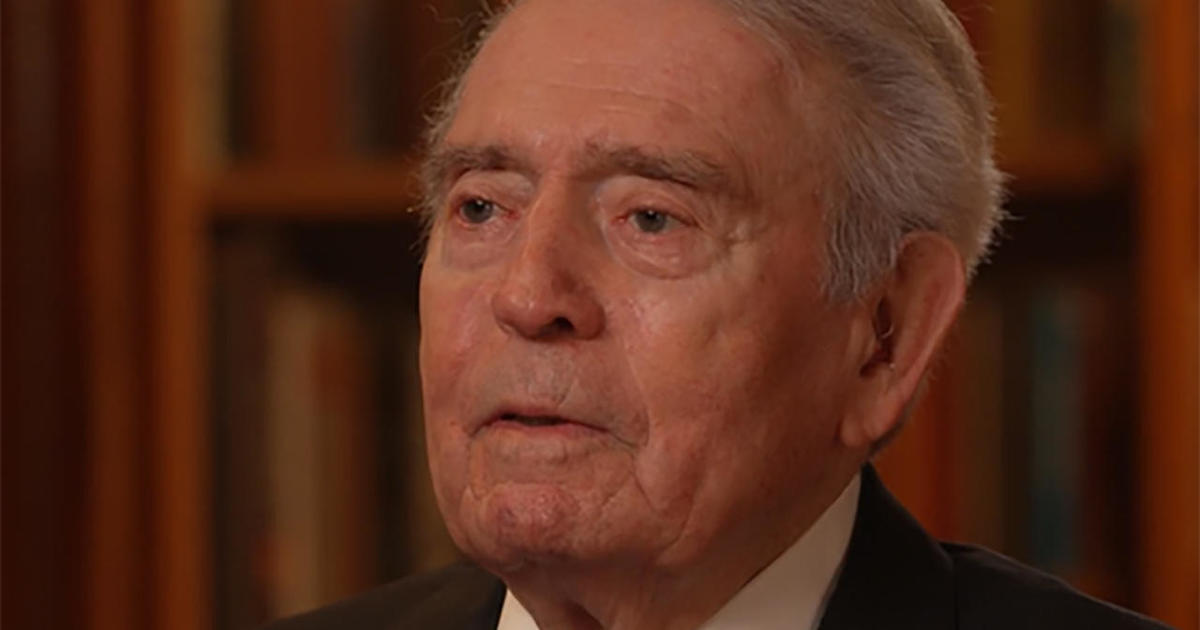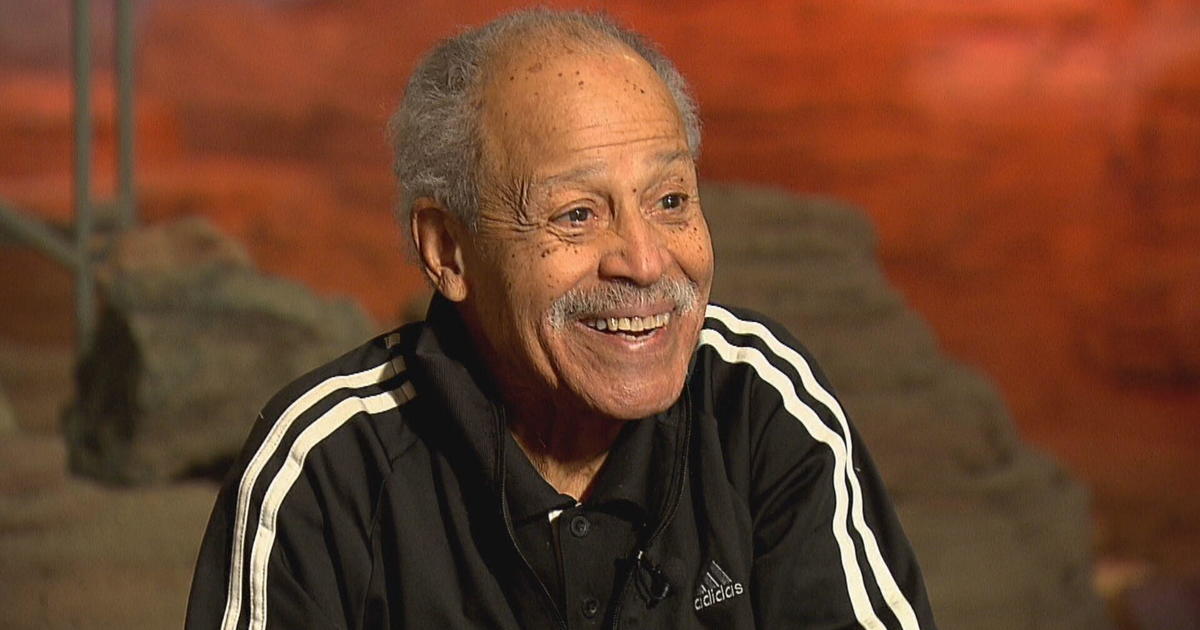Army recruit promised pathway to citizenship faces uncertain future
Immigration lawyers say the Pentagon has begun discharging dozens of recruits who had been promised a path to U.S. citizenship. They were part of a program called "MAVNI" -- military accessions vital to the national interest. It had brought more than 10,000 non-citizens into the military. The program was abruptly suspended in 2016, leaving more than 1,000 recruits in limbo.
Private First Class Alina Kaliuzhna is a medic stationed at Camp Bullis, and she's in the country legally, just like everyone in that recruitment program. She told us she enlisted because she didn't just want to get her U.S. citizenship. She wanted to earn it, and do it honorably, reports CBS News correspondent David Begnaud.
Kaliuzhna doesn't know when she'll get her official discharge orders.
"The dedication and service that they do -- I thought it was extraordinary because it was a volunteer force. So I wanted to be a part of that," Kaliuzhna said.
For more than two years, the Ukrainian immigrant has been unable to clear new background checks. Her dreams of becoming a nurse and commissioned U.S. Army officer are dimming by the day.
"I kinda got screwed a little bit," Kaliuzhna said, choking up.
Kaliuzhna enlisted under a recruitment program called MAVNI, which offers non-citizens a path to citizenship if they have critical language and medical skills needed by the military. The Bush administration started the program to help fight the war on terror.
President Obama opened it up to DACA recipients, the so-called Dreamers, which led to tougher screenings by the Defense Department for all recruits in 2012.
"They ordered so many background checks that they destroyed the program," immigration attorney Margaret Stock said. A former Army lieutenant colonel who helped create MAVNI, she said not enough resources were provided for the additional investigations, resulting in a 10-year backlog.
"The background vetting that the Department of Defense has ordered on these people is much, much stricter than any vetting that is done… for a U.S. citizen getting a job at the White House," Stock said.
"We should limit the number of people we accept," said Maryland congressman and former Navy medical officer Andy Harris. He supports ending MAVNI, saying the military should be looking to recruit Americans first.
"I'm not opposed to the idea of looking for critical needs for the military," Harris said. "But again… I fully agree with the enhanced background checks… because…these are people who have not been vetted through the normal immigration and naturalization process."
In fact, a requirement for enlistment in the MAVNI program is that the soldier have lawful immigrant status. That means – for most of them – that they already had to be screened by DHS just to get their student or other visas before they enlisted.
A Pentagon spokeswoman told CBS News MAVNI was suspended in 2016 because it "was vulnerable to an unacceptable level of risk from insider threats such as espionage, terrorism, and other criminal activity."
Kaliuzhna's records indicate she was flagged because of discrepancies in her answers during her security review. Her screener believed her "ability to protect classified information has been compromised."
"You've committed your life to a bigger purpose and anybody who's willing to do that deserves respect and be treated as a human," Kaliuzhna said, getting emotional. "Not as a piece of paper."
Kaliuzhna said her screener suspected someone else in Ukraine was supporting her financially, making her a security risk. If she's deported, Kaliuzhna said Ukraine might not take her back. Having sworn loyalty to the U.S. military, she could be seen as a traitor there.
Editor's Note: This story has been updated to clarify that the more stringent background checks implemented after President Obama opened the MAVNI program to DACA recipients applied to all recruits in the program, and that most of those in the program would have been screened by DHS prior to enlisting. The story has also been corrected to note that the more stringent checks began in 2012.



